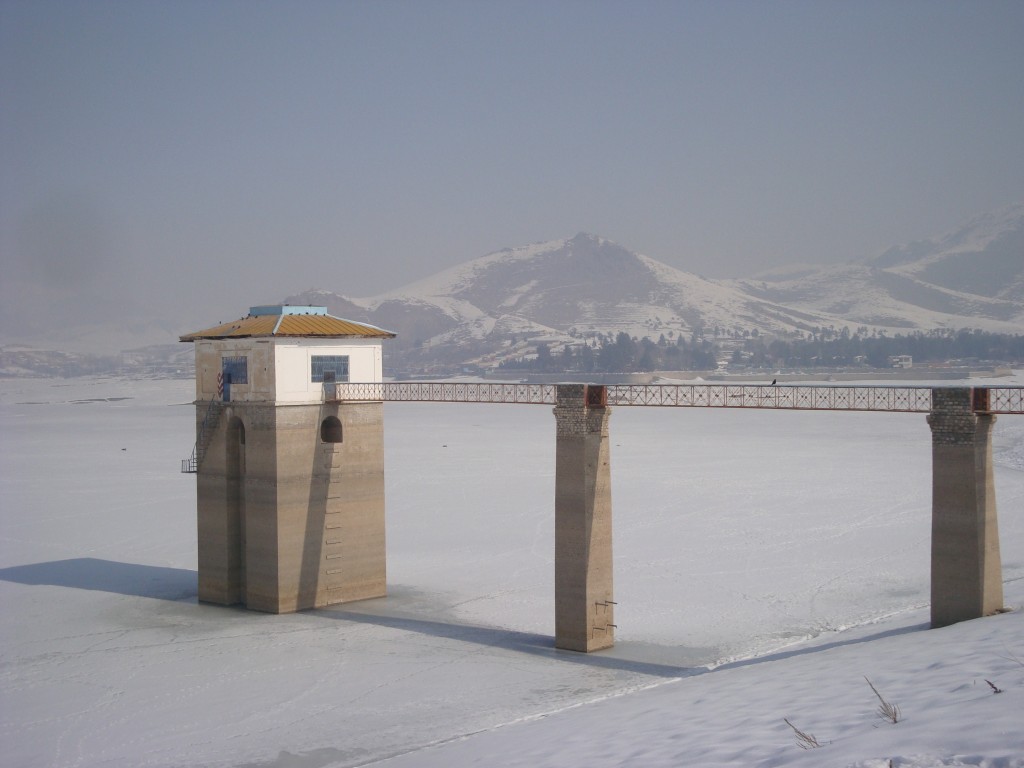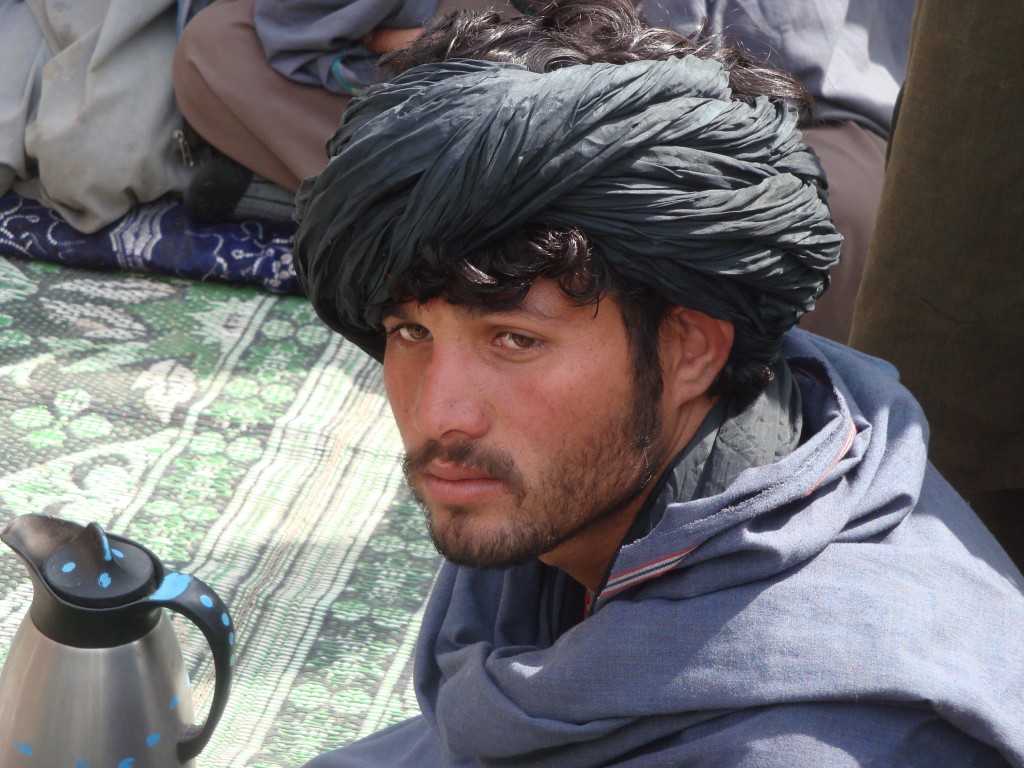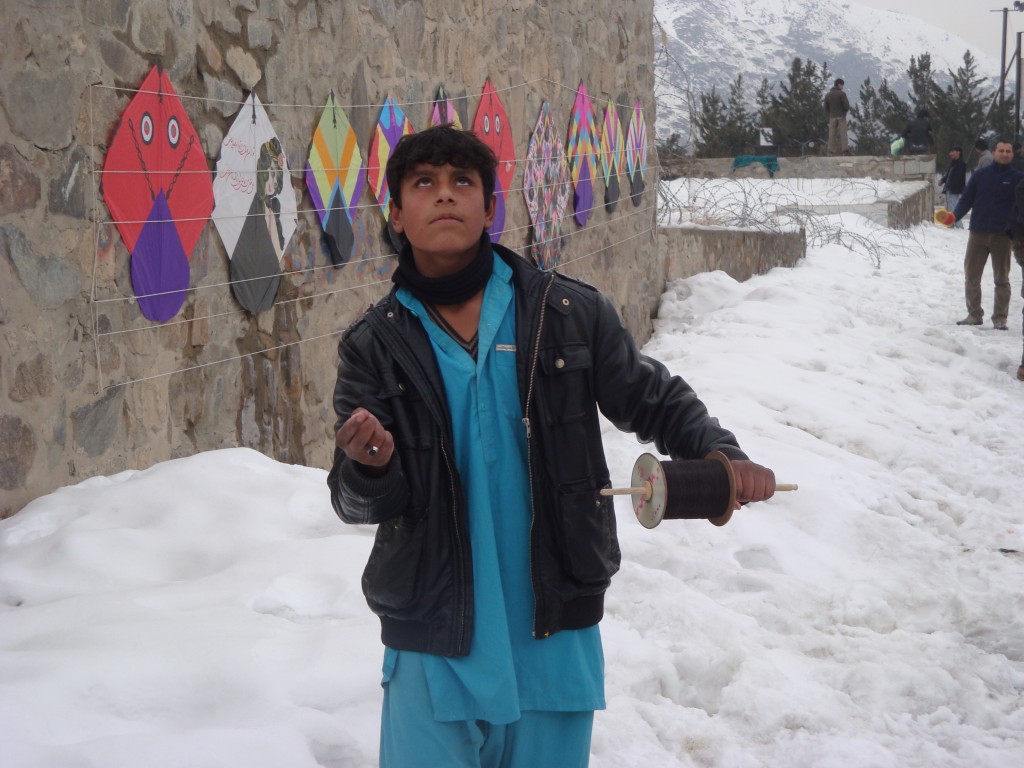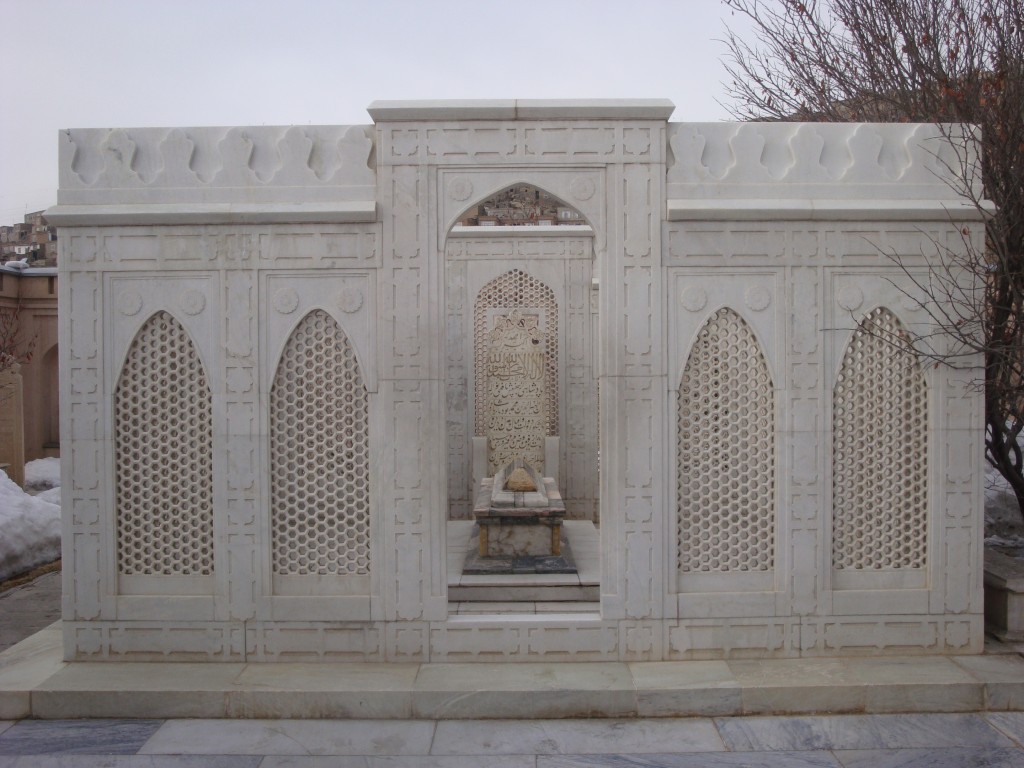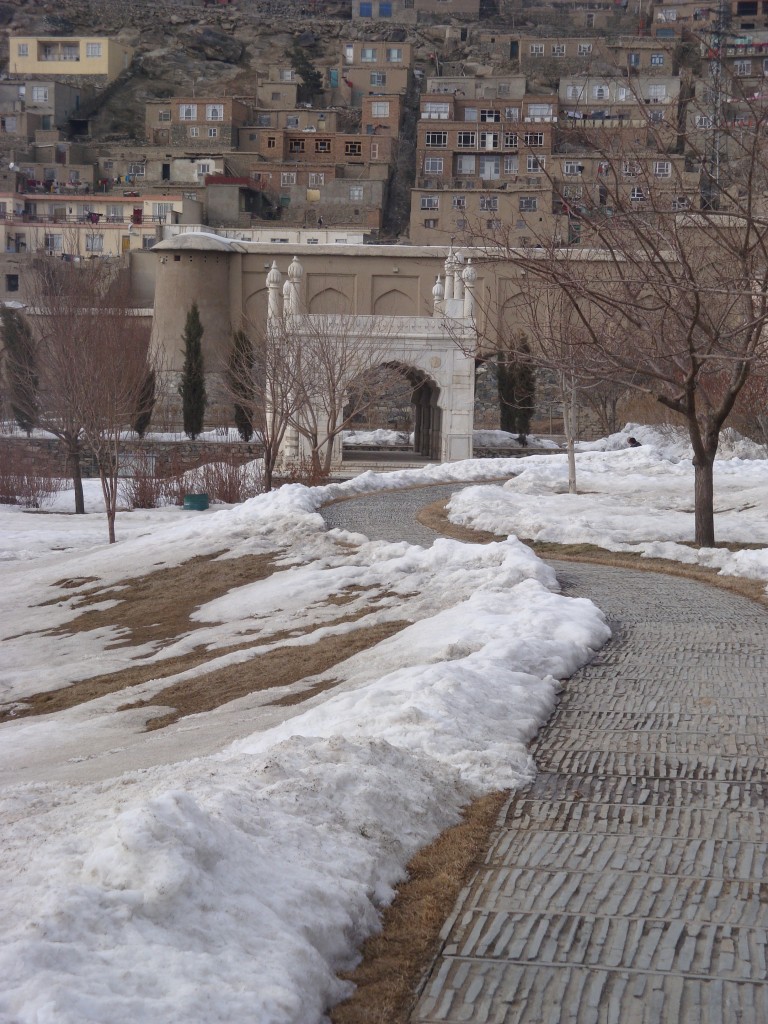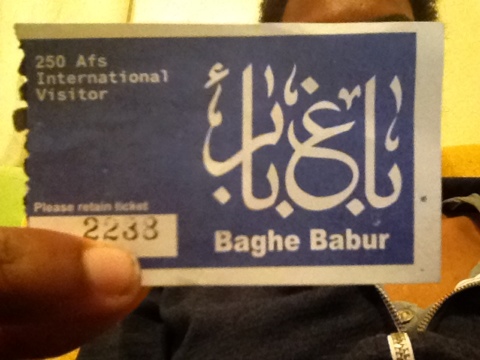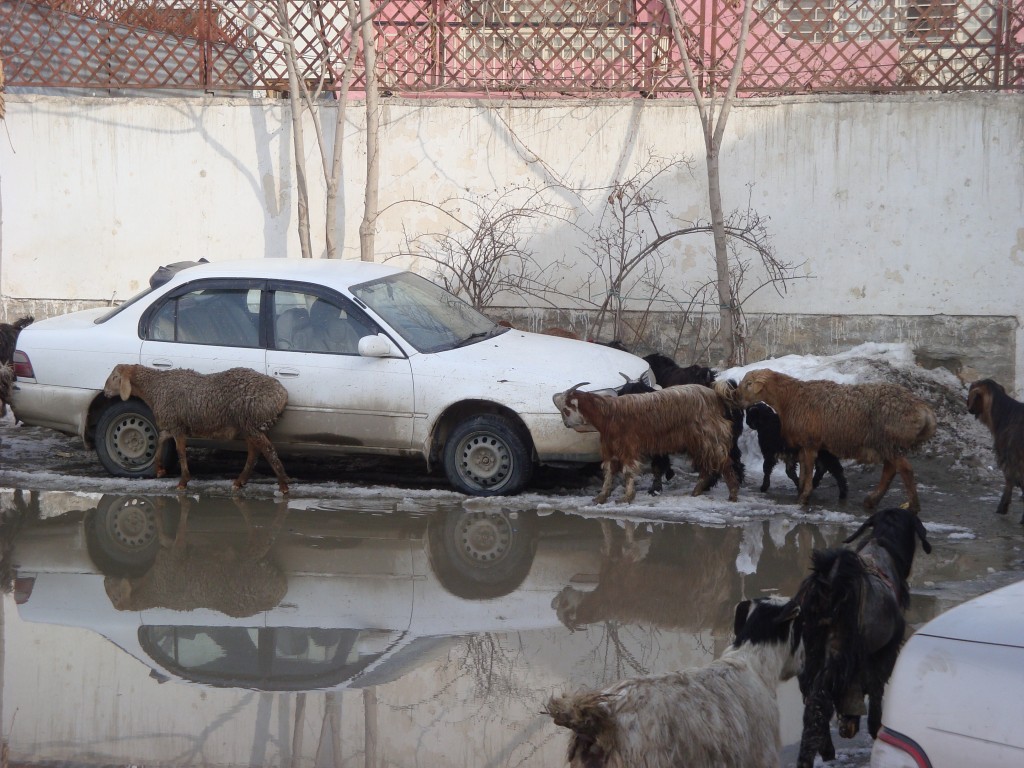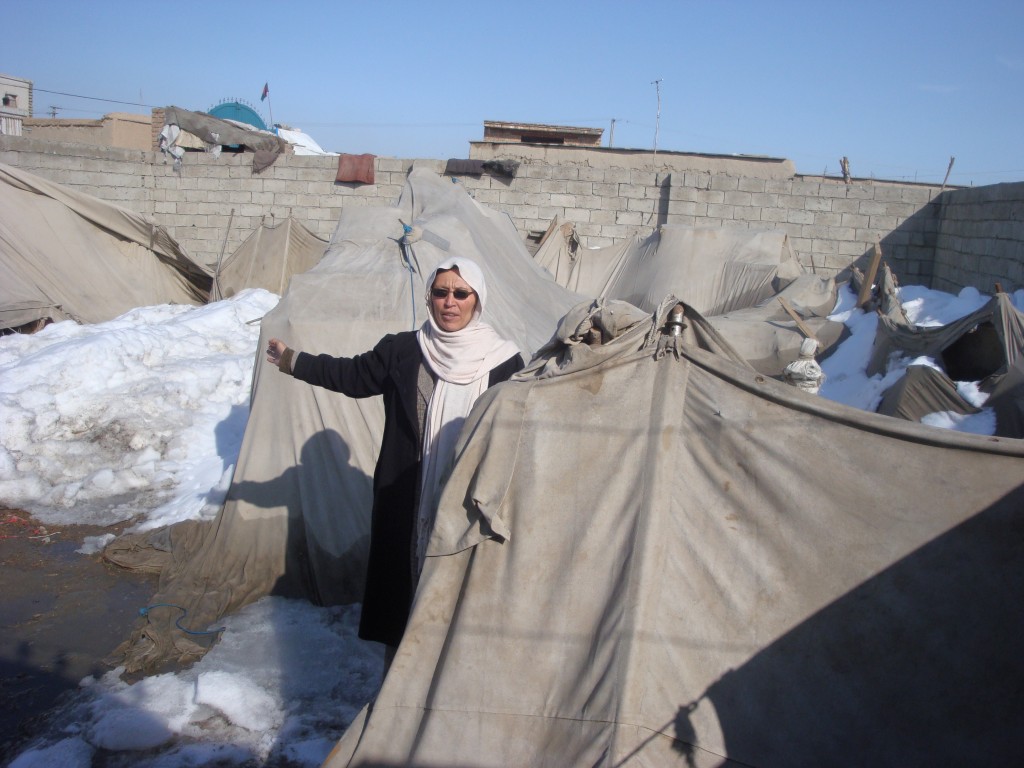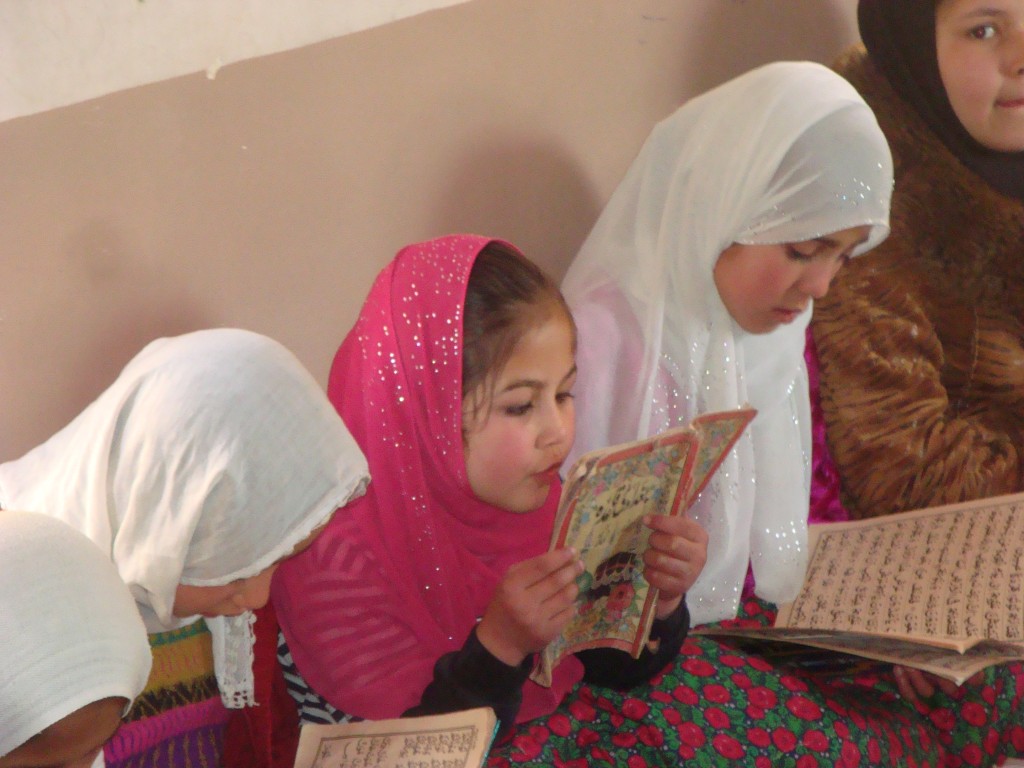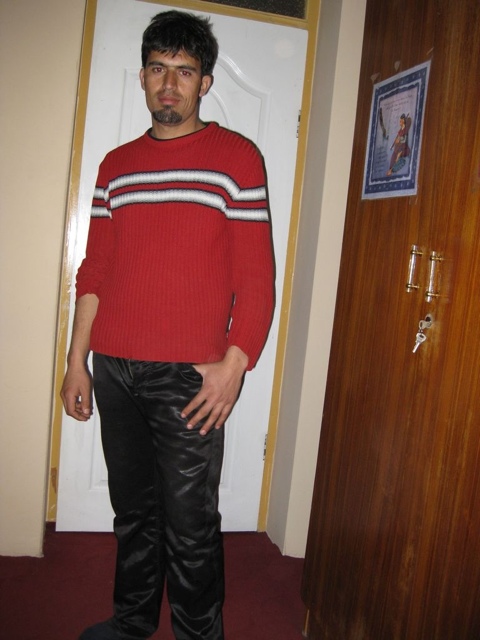I’ve read 5 whole books in the past couple weeks. Okay, so each of these books should have taken me less than a day to read and they were mostly distractions from the more serious book that I am ostensibly reading, but they were all great. I read, the Hunger Games Trilogy, Brokeback Mountain (I know it’s a short story, and I actually read most of the stories in Close Range but this one was on its own, so it counts), and Is Everyone Hanging Out Without Me (and other concerns). Instead of giving a book report about how great the books were (and all these books were great, except Mockingjay was just okay), I’m gonna talk about my experience reading these books (because a blog is like a therapy session, narcissism is allowed), if you want to know the plots, read them yourself, or watch the movies. I won’t give anything away.
I started the Hunger Games when I left for Afghanistan. When I was working in New York publishing I heard about and saw so many good books that I realized I couldn’t read everything and I was going to need a some ground rules. I settled on this, if I get 3 independent recommendations for the same book it is worth sinking my teeth into (now my definition of the word ‘recommendation’ is extremely broad and in the past I have included the fact that a book is on sale as a recommendation). I had heard good buzz about the Hunger Games so when David Plotz recommended it on the Double X Gabfest, I was waiting outside a local bookstore before I left for New York and I had a new (miles-earning!) credit card burning a hole in my pocket it was the American Express sticker on the door that served as my final recommendation.
I slept on the plane to New York, and while there I was amused enough that I didn’t start reading the book until my flight from Frankfurt to Dubai. By the time I got on the flight from Dubai to Kabul, Katniss was leaving the Capitol for the Hunger Games arena. The irony was not lost on me.
Katniss was prepared, she had her knowledge of hunting, her experience with hunger and her determination to avenge her sister. I had a couple years of Persian and Pashto, experience traveling abroad from an early age, and the determination to stick it to all the haterz who thought I shouldn’t go to Afghanistan. Katniss had her Mockingjay pin, I had postcards from my hometown. Katniss was leaving a land of excess to a go to an impoverished war zone; I was leaving Dubai to go to Kabul.
America is fighting a war in Afghanistan. Apparently Suzanne Collins got the idea for the Hunger Games while watching TV; she was flipping between a reality show and footage of the Iraq war and they started to blend together. The hunger games is, in a way, an extreme reality show, like Survivor except you dont get voted off, you get killed. The destruction is highly televised, the humanity isn’t. In the states, the footage we get of Afghanistan is all of war and destruction. I got to Afghanstan days after the Qur’an burning and the streets were calm, not burning with American effigies. Our tour guide told us that there had been some peaceful protests where the police took care of security, but that these were over. The people we talked to were very upset about what happened, but they had heard Obama’s apology and they understood that it was an accident, they also said their mullas had told them to be patient and calm. These sorts of discrepancies made me wonder whether Kabul was like district 13; had the American media been showing the same loop of angry protestors burning the American flag over the sound of the muezzin? I had all but stopped reading the news coverage of Afghanistan by the time I went to college, I knew people in Kabul who went to work every day, it couldn’t be the burning war zone I saw on TV. What was really going on?*
I wanted to see for myself, and talk to some people, but in a city like Kabul, where billions of dollars come in from foreigners every year, who can you trust? Everyone has an agenda. Even our tour guide wants to show the best face of the country, and his livelihood depends on keeping us happy. We took a lot of pictures, but like the tributes in the arena, everyone knew we were watching from home. How do you smile when you know someone is watching, when they have the ability to drop help from the sky? We interviewed, and filmed, and tried to get to know people and tell their stories, but our time was short and I’m sure some of their messages were lost in translation.
The Hunger Games had a focus on appearances, style, costumes and camouflage. Having never worn a headscarf before, the hijab felt like a costume to me, and I tried my hardest to fit into it. I didn’t have Cinna (or Lenny Kravitz) to help me prepare for the my arena so I just had to wing it. In a way, there is no camouflage more perfect than the burka, hiding in plain sight. I didn’t wear the burka, but with the hijab I could be similarly incognito. At the end of the day instead of looking up to the sky to see the score and hear the anthem, I lay in my bed and listened to the muezzin and wrote about my day.
I tried many things to distract myself so I wouldn’t finish the Hunger Games and I could save it for the trip home. I read a copy of Brokeback Mountain that I found in the guest house, I blogged about my experience, I went to bed early, but in the end, I finished the book, counting on the fact that I would soon be able to buy the sequel in the Dubai airport.
One of the themes in the Hunger Games was fire; the coal in district 12, the way Gale smells like smoke, Katniss’s costume, the fires in the arena. As it was late winter in Afghanistan, fire became a theme of the trip too, children sold smoke for good luck, men warmed their hands in small fires, we visited bakeries where people were crowded around ovens and by the end of the trip each of us smelled like smoke too because each of our rooms in the guest house was heated by a wood chimney. The only time I think I was ever in danger on my trip to Afghanistan was actually in my own room. I was trying to read and was starting to nod off when my room started to fill with smoke. I thought it would go away, and tried to sleep, but I started coughing and noticed by flashlight that the room was hazy, I couldn’t see very well. I was so tired I couldn’t be bothered to get up. When my eyes started to water I tried to open the window by my bed, but the window was covered in plastic to keep the heat in so it wasn’t doing any good. After a few more minutes of coughing I put on my headscarf and went to get the guard. When I opened the door, I saw his look of surprise as smoke billowed out of my room. For a second I felt like Katniss, escaping from the fire that woke her up in the night. But mostly I felt like an idiot when Naqib told me his solution was just to open another window and leave the door open for a few minutes.
On the way home I prepared for my presentation in my hometown. The trip had changed me, and I needed to show that, but I also wanted people to recognize that I was the same person, and that I hadn’t been corrupted by the Middle East. Mostly what I felt though, was dirty. When I got to Dubai my first reaction was that the people looked so white and the airport seemed so clean. Arriving in New York, I felt even grimier after 15 hours on a plane, like Katniss after the games, I needed a skin polish before I got home. I settled for an overpriced mani pedi at JFK.
*I really do not mean to denigrate the journalists who risk life and limb to report the ongoing war. I have the utmost respect for them and the work that they do.
————————————————————————————————-
I have started a new page about my trip to Afghanistan, please visit that page for pictures and some choice thoughts and feelings about the trip. I try to make this blog about my current thoughts and feelings and for or better or for worse, I am no longer in Afghanistan. I’ve touched on the issue of hijab in the last post and in this post I talked about the war so I think that answers some of the major hot topics of the trip. If you have any specific questions please feel free to email me or write in the comments and I’ll try to address them.
